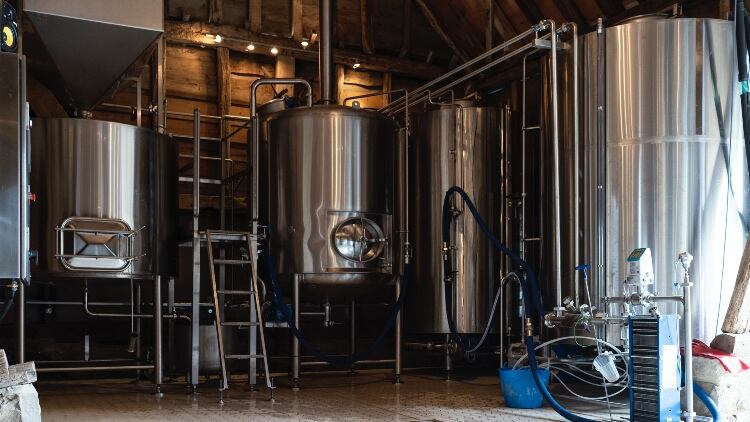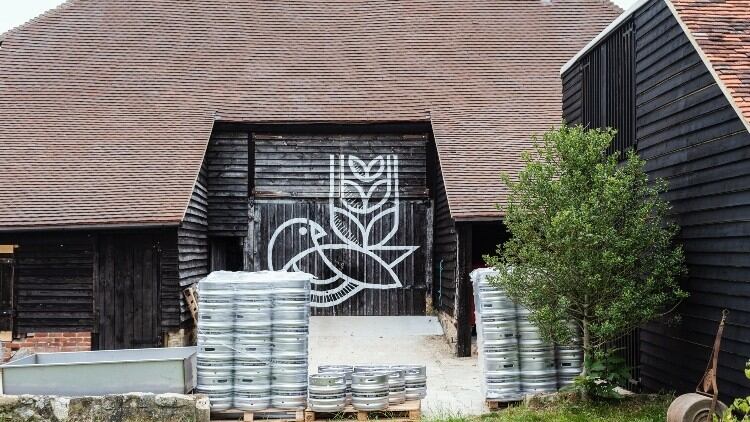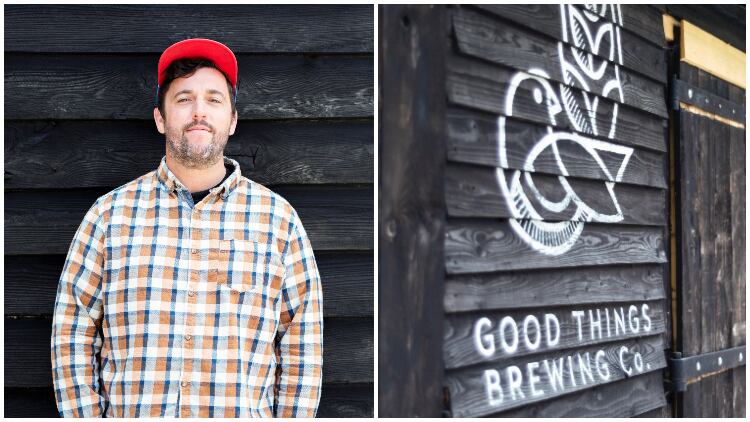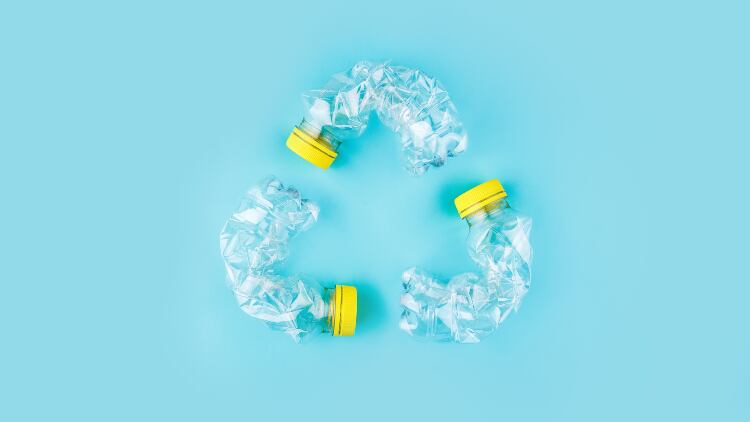As reported by The Morning Advertiser, Good Things revamped its 17th century Sussex home to the tune of £750,000, with the year-long makeover allowing Good Things to produce up to 500,000 litres of beer per year in both keg and can from its sustainable closed-loop brewery.
According to co-founder Chris Drummond, the overhaul means the beer maker is “primed and ready” for its next chapter – which includes ambitions to grow Good Things’ pub presence in around 200 sites.
“We look after the south-east directly – in general Kent and Sussex – and then distribute further afield, anywhere from here to Carlisle it seems at the moment. It's starting to move around a bit quicker,” Drummond explains. “Our concentration at the moment is purely on the south-east as we try to grow our regular sales.
“We serve between 50 and 60 pubs, scattered across the south-east, though the ones that are quite hard to gauge are the ones that go via distributors. Over the next six months, we’d like 100 regular customers – that would allow us to keep pushing what we're doing here.”

Big brewers forced to act
Boring their own water, producing their own power and dehydrating spent grain from the brewing process to create flour for local businesses from bakeries to pizza restaurants – there’s no doubting the green credentials of Good Things.
Yet according to Drummond, this clamour for sustainability is increasingly reflected in both its business partners and beer drinkers.
“We’re now seeing customers leaning towards any brand focusing on sustainability or an ethos to buy from local suppliers,” he explains. “There are a few things that now play into people’s minds when purchasing.
“It’s vital for all breweries to be sustainable. The brewing industry is quite a vocal one so it'd be good if we can lead the way in sustainability. That'll hopefully then have a knock-on effect to other industries.
“It's always something I'm careful not to push too much but I do think beer drinkers are actively seeking out more ethical and environmentally friendly brands, but we're at the very early stages.
“It’s more of a talking point and an added bonus – if our beer gets in front of someone, they then start reading about the other stuff we do, I think that's a big point of sale.
“There seems to be quite a lot of things going on that people aren't talking about. We're hoping that what we're doing will have an impact on the wider brewing industry and we can now see the bigger brewers being pushed into having to do something.”

Help covering costs
While Drummond adds that pursuing sustainable goals have “massively” increased the financial pressures on his business, they were able to drum up support to help bolster their green credentials.
"Without a doubt sustainability brings more costs,” he adds, “but quite a lot of those can be supported. It brings in more cost but also a challenge about how you bring that money to the table in the hope that it has a more positive impact.
“It's definitely a big increase but we've done it bit by bit and there have been grants available. We've had a bit of funding from both local and more national sources and are now in talks for a little bit more help – then we've also had people like Sussex University, professors coming over, and more grants coming from that.
“Help is out there, and people certainly want to get involved, but there's so much more learning to do and when there's learning involved there tends to be a bit more cash and resource in hand."




